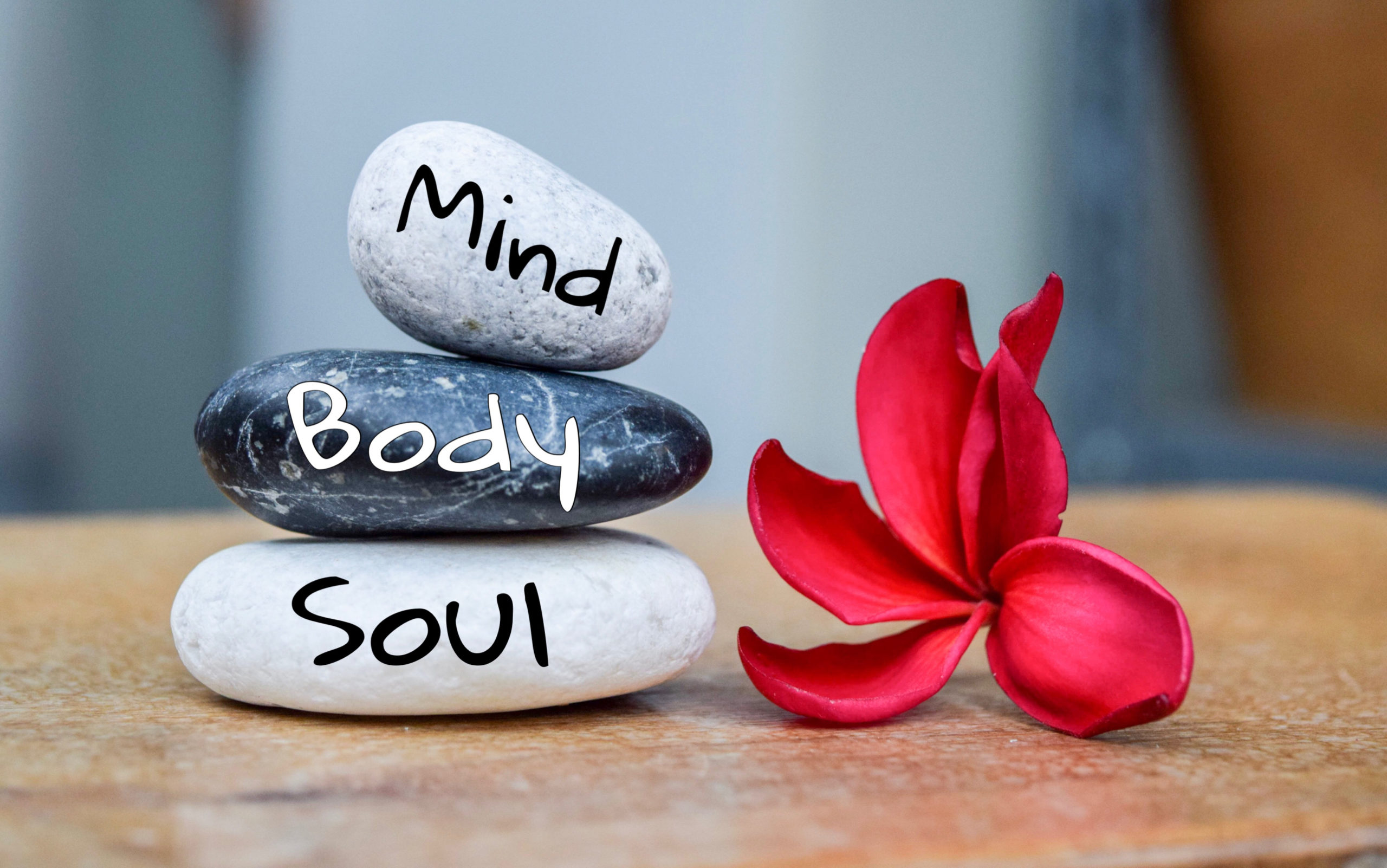We all have our preconceived notions about what constitutes rehab. In the main, we most likely picture the one on one counseling and group therapy that traditional rehab is centered around. Those visuals are reinforced by countless movies and tv shows on the topic.
Traditional rehab is effective and the reason those images are conjured in our mind’s eye is because their techniques and methodologies that work. However, lately we’ve seen the emergence, and almost mainstreaming, of a new branch in the rehab tree known as alternative therapies. Holistic rehab treatment methods are another way to phrase it.
They aren’t intended to replace traditional treatment though, it’s complementary to the more evidenced-based techniques of the traditional approach.
What it’s all about can be found in the definition of the word holistic, which is, “relating to or concerned with wholes or with complete systems rather than with the analysis of, treatment of, or dissection into parts”.
Defining Holistic Addiction Treatment
Jumping off from what holistic means, it starts to paint a picture of what holistic rehab looks like.
It’s a form of treatment that aims to treat the whole person and not just the addiction. Taking into account the effects of addiction on the entirety of the mind, body and spirit, together. It certainly can have a new-age type feel to it but numerous types of holistic treatment are a normalized part of our day to day lives. Things like yoga and acupuncture, for example, are prominently featured in holistic addiction treatment programs around the country.
Harvard noted that yoga provides natural anxiety relief and helps people deal with stress and depression.
But the world of holistic treatment is of course much larger than just yoga and acupuncture. You have an absolute abundance of options that include:
- Mediation
- Equine Therapy
- Art and Music Therapy
- Massage Therapy
- Biofeedback
- Reiki
- Nutritional Therapy
- Nature Therapy
The National Center for Complementary and Integrative Health has an exhaustively robust list of holistic therapies and practices.
Viewing and treating addiction and substance abuse through this prism of the whole opens the door to a person seeing themselves differently and knowing themselves even better. Particularly when combined with the rigorous work of traditional therapy.
How Holistic Rehab Centers Are Different from Others
Given that holistic rehab is in and of itself different from traditional rehab, rehab centers that focus specifically on the holistic and alternative & complementary approaches are different as well.
There will be a much more thorough emphasis on building a sort of mindfulness of how everything is connected in addiction. The promotion of self-care and wellness are prominent as well.
Holistic rehabs also acknowledge that the 12-step programs which are so well known and utilized in traditional rehab programs aren’t, in fact, a great fit for everyone. Just as each person’s addiction is unique so too is their path to recovery and rehabs centered in the alternative tend to eschew the rigidity of the 12-step model.
The great thing about considering different options, i.e. how deep you’d like to dive into holistic methods, is that you’ve already taken the major first step on the path to sobriety: acknowledging that you need to make a change.
Weighing the possibilities in how to best do that for you personally feels like a whole new ballgame though with all these choices. If you’re going to opt for a more holistic approach, which of the myriad of treatments is right for you? You can find yourself swimming in too much information these days and that’s why it’s important to have a resource you can go to for answers. That’s where Addiction Treatment Solutions comes in. We provide comprehensive guidance and support and are partnered with the leading, accredited facilities so not only can we help you figure out what you need but also the options that best fit your goals and budget.



